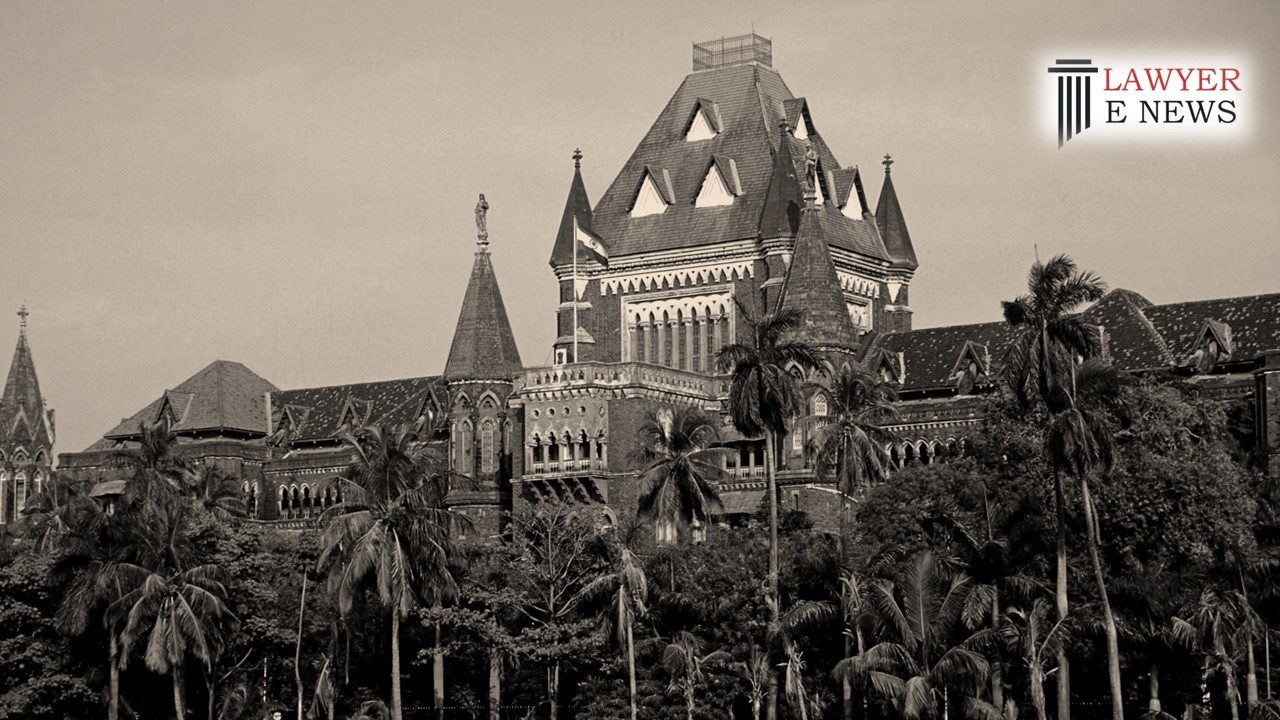-
by Admin
15 February 2026 5:01 PM



High Court Grants Parole to Life Convict for Family Event, Emphasizes Humanistic Approach to Parole Rules
The Bombay High Court has granted parole to Vivek Krishnamurari Shrivastav, a life convict, allowing him temporary release to arrange finances and bid farewell to his son who is set to study abroad. The judgment, delivered by Justices Bharati Dangre and Manjusha Deshpande, emphasizes a humanistic interpretation of parole rules, highlighting the importance of maintaining family ties and mental well-being of inmates.
Vivek Krishnamurari Shrivastav, convicted under Sections 302 and 120B read with Section 34 of the Indian Penal Code, sought parole to manage financial arrangements and personally bid farewell to his son, who was admitted to RMIT University, Melbourne. Despite the prison authorities’ rejection of his parole application citing the pendency of his appeal, the High Court intervened, granting him parole from 12th July 2024 to 22nd July 2024.
The High Court dismissed the authorities’ reasoning that the pendency of an appeal could invalidate a parole application. The court stressed that parole is designed to aid inmates in dealing with family matters, ensuring their mental balance, and maintaining family bonds. “The pendency of an appeal is not a valid ground to reject a parole application,” the bench stated.
The judgment underscored the importance of a compassionate perspective towards parole applications. “Grief is an emotion, so is happiness, and if parole can be granted to share grief, why not to share a happy occasion or moment?” the court remarked. The bench acknowledged the emotional significance for Shrivastav to be present for his son’s departure and financial arrangements.
The court elaborated on the principles of parole, highlighting Rule 18 of the Prisons (Bombay Furlough and Parole) Rules, 1959, which allows parole for significant family events. “Parole serves as a means to enable inmates to maintain continuity with family life and to save them from the detrimental effects of continuous prison life,” the judgment noted. The court criticized a rigid interpretation of parole rules that limit it to emergencies only.
Justice Manjusha Deshpande observed, “The core of the benefits under the Prisons Rules is to maintain an inmate’s hope and bond with their family. Denying parole for a significant family event, like a child’s departure for higher studies, undermines this humanistic approach.”
The Bombay High Court’s decision to grant parole to Vivek Krishnamurari Shrivastav reinforces the judiciary’s commitment to a compassionate and humanistic interpretation of parole rules. By emphasizing the importance of family bonds and mental well-being, this judgment is expected to influence future parole applications, ensuring that significant family events are given due consideration.
Date of Decision: 9th July 2024
Vivek Krishnamurari Shrivastav vs. The State of Maharashtra and Ors
